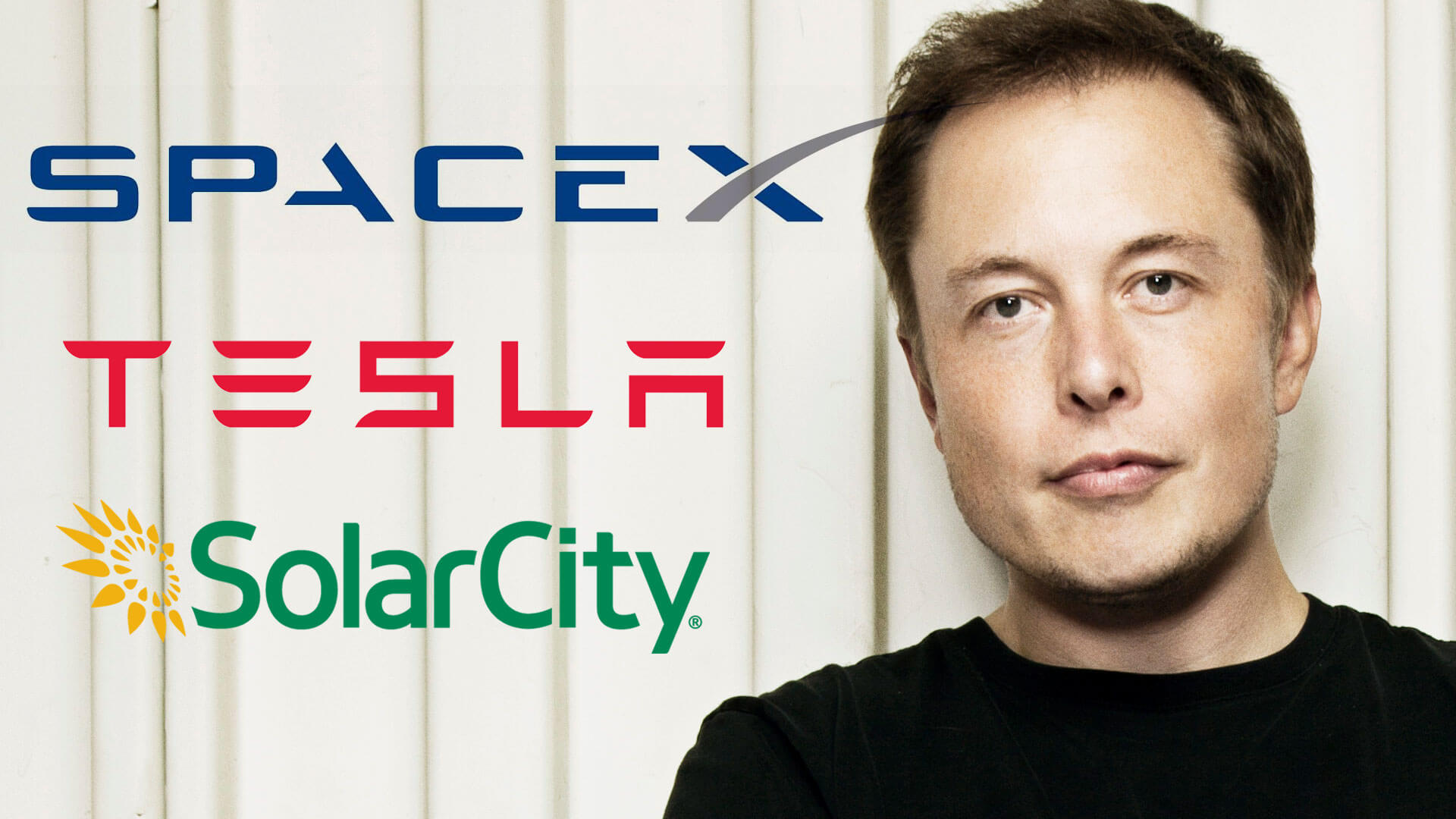Musk: Distorted Market Conditions Continue To Retard the Adoption of Renewable Energy

It was nice to see that the estimable Elon Musk, who made a surprise appearance at the South by Southwest festival and discussed a wide range of topics (colonizing Mars, the risks of artificial intelligence, tough times at Tesla and SpaceX), including calling for a price on carbon.
From the article linked above:
Sustainable energy is obviously really important to the future of humanity. The core technologies are there with wind, solar, with batteries. The fundamental problem is there’s an unpriced externality in the cost of CO2. The market economics work very well if things are priced correctly, but when things are not priced correctly and something that has a real cost has zero cost, then that’s where you get distortions in the market that inhibit the progress of other technologies.
Anything that puts carbon into the atmosphere should be subject to a carbon price, which includes rockets, by the way — so I’m not excluding rockets from this. The price can start low, but may need to be adjusted depending on whether or not it effectively reduces carbon emissions.
In the absence of a price, we sort of pretend that digging trillions of tons of fossil fuels from deep under the earth and putting it into the atmosphere– we’re pretending that that has no probability of a bad outcome,” he said, adding that it’s up to people and their governments to make carbon pricing happen.
Bingo.

Craig,
Carbon taxes, emission schemes, etc always prove ineffective and fail. The reasons these schemes fail is varied but essentially the common theme is about punishing industries which are essential to the national economy handicapping both consumers and local economic activity and industry while encouraging imports from non-compliant competitors.
The schemes always create an additional burden on the economy by diverting investment and increasing bureaucratic deterrence to business.
Government incentives are a more effective method of assisting emission mitigation, while imposing tariffs and even exclusion for non-compliant imports. Such programs allow for the growth of new clean(er) technologies and industries.
All over the world, first world democracies are losing interest in “green politics” and the focus is returning to economics factors in the voting trends.
Australia’s ‘green boom’ mirrors the Western World, from 2006 to 2012, ‘green parties’ and environmental politics dominated the national debate but by 2016 the voting public displayed the gran vote was in steep decline.
In recent elections the ‘green vote’ even in birthplace and heart land of environmental political support, the greens have suffered a significant loss of support and influence, with the two traditional political parties capturing large share of younger voters who previously voted ‘green’.
I like and admire Elon Musk ! I was (and still am) an early shareholder and was an early adopter, purchasing Tesla model S as replacements for BMW 7 series(we now have five Tesla’s in our fleet).
However, Elon Musk is not acting altruistically, he quite rightly needs to play any card that helps market his products.
Unfortunately, the left, especially the green left, are not very good when it comes to adapting, or realizing when the tide is ebbing.
Banging the drum louder, will not help. Joe Public has switched off to radical ‘green politics’, but remains supportive of economically sound clean(er0 technology.